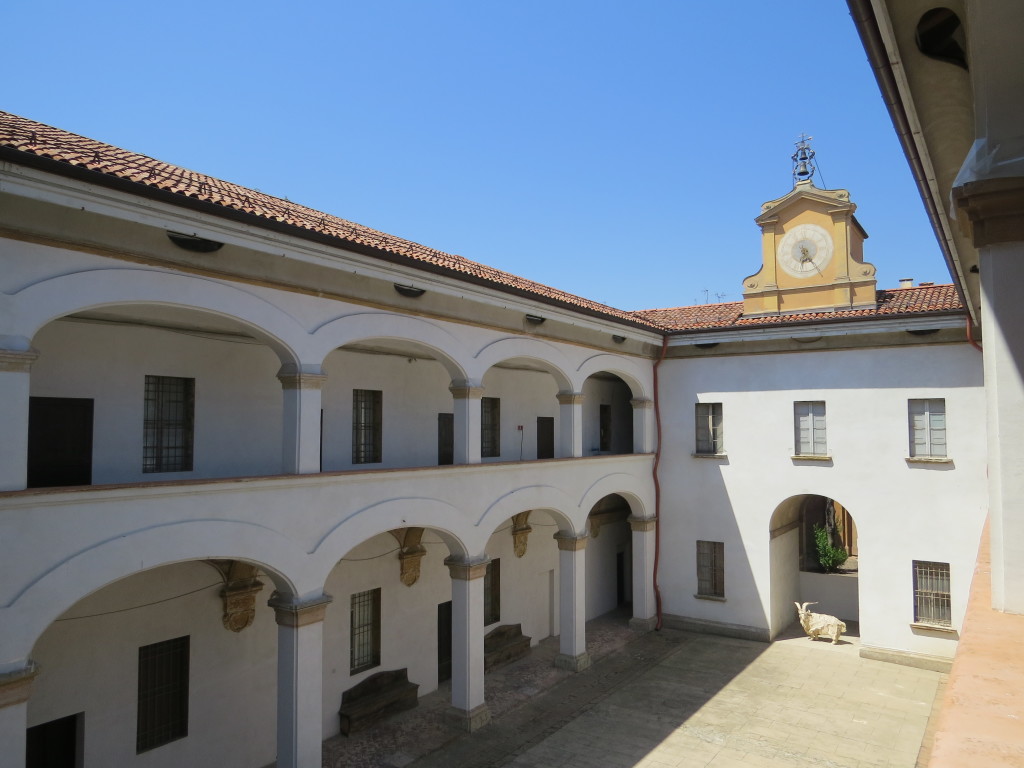Daniel Premerl, Danko Šourek
The Illyrian-Hungarian College in Bologna existed from 1553 until 1781, governed by the Zagreb Cathedral Chapter. The College’s mission was to provide a seven-year doctoral programme at the University of Bologna for Croatian and Hungarian students from the Zagreb Bishopric and Slavonia (i.e. present-day Northern and Eastern Croatia). The College building, built between 1690 and 1700, still exists. Since 1820s it has been known as Collegio Venturoli (after its subsequent owner). The first phase of the research will be focused on the building history of the College based upon the unpublished archival documents (which include the contract for the construction of the College building and relative expenses) kept in the Archives of the Archbishopric of Zagreb. In the contract we read that the College was designed by Bologna’s Senate architect Giovanni Battista Torri, whose biography is otherwise rather scarce. This phase of research will hopefully reveal some data about the earlier College building on the same spot. The second phase of the research will be focused on College furnishings. Recent restoration works have revealed an overall program of fresco-decoration in the ground floor courtyard porticoes, as well as some preserved fresco fragments in other parts of the building. Those decorative paintings, revealing mostly heraldic content, will be further analyzed. Also, based on the several inventory books found in the Archives of the Archdiocese of Zagreb it will be possible, to a certain extent, to virtually restore some parts of the College interior (paintings, sculptures, furniture). In addition, the research will focus on other instances of Zagreb alumni patronage in Bologna. The research on the artistic heritage of the Illyrian-Hungarian College will reveal the extent of interchange between Bologna and one of its student communities, the use of art in self-representation of the College alumni, the influence of their Zagreb-based background on their commissions in Bologna, as well as possible influences of the Bolognese experience on their subsequent patronage in Croatia.

